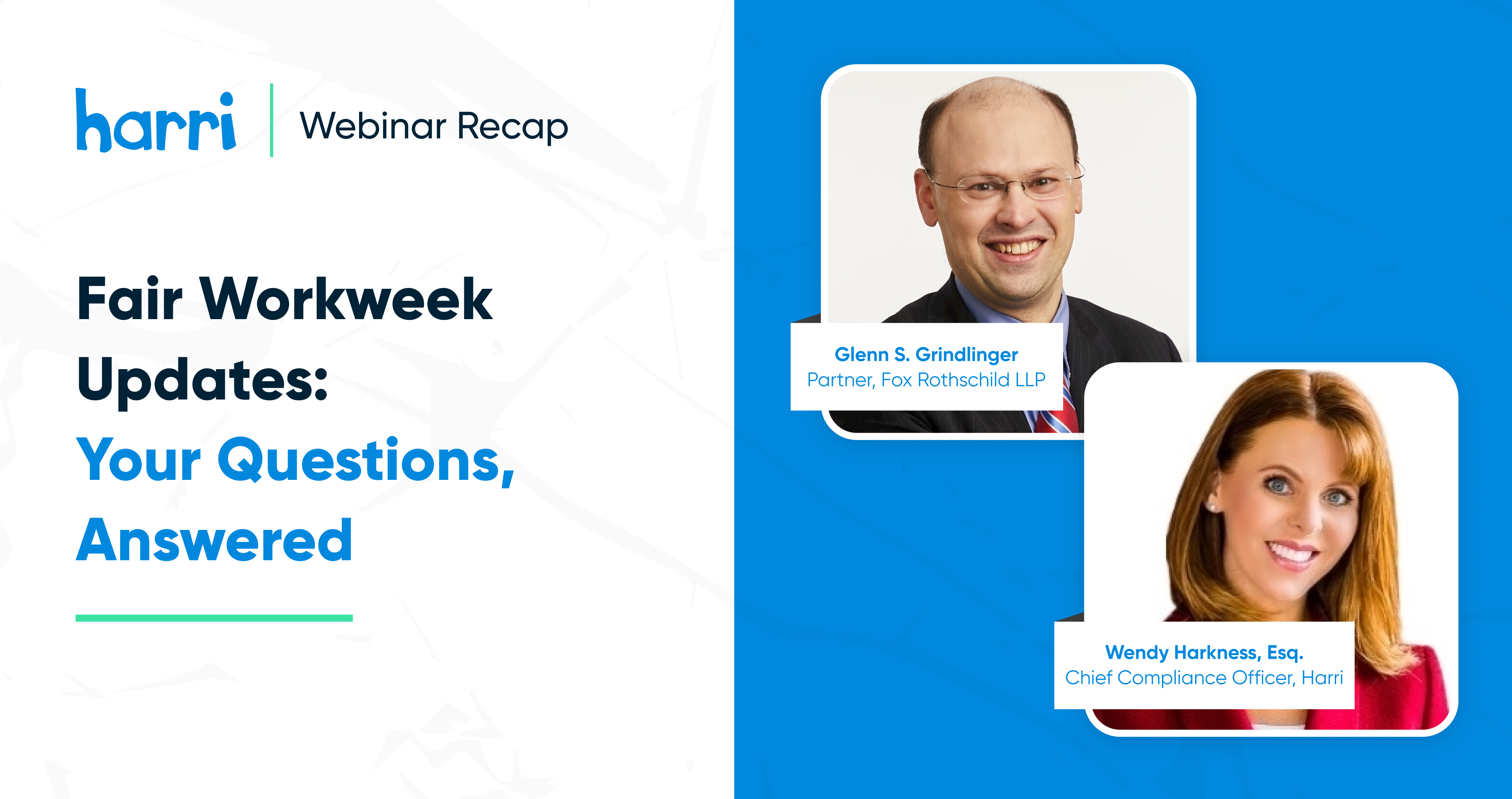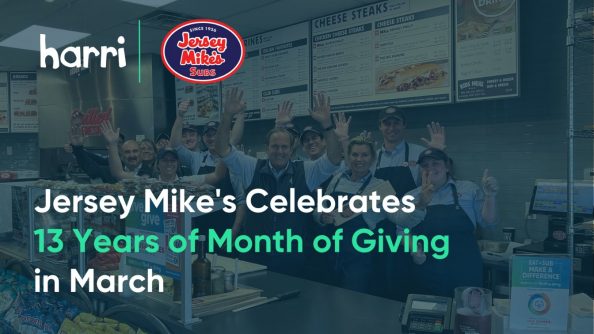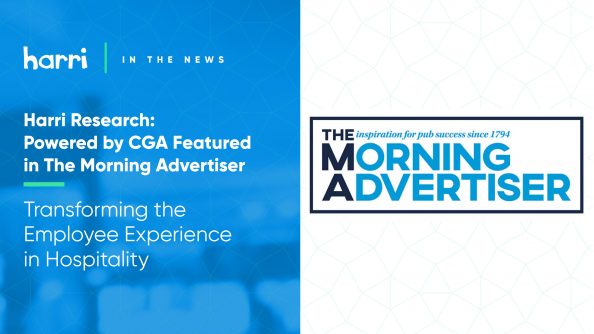Fair Workweek Updates: Your Questions, Answered

- By Harri Insider Team | June 29, 2022
Thursday, June 23rd, marked the effective date of final adoption for New York City’s Fair Workweek legislation. First enacted in 2017 (and later revised), the Fair Workweek law enacts a set of specific protections for employees and responsibilities for employers toward ensuring more stable work environments for service-industry workers.
Ahead of the changes, our Compliance Team at Harri hosted a webinar to introduce the implications and opportunities of the regulations. Our brief covered critical elements of the new regulations that will significantly impact managers and operators on a daily basis.
You can catch up on the full webinar here.
_____________________________________
How does Harri’s platform capture consent in advance when an employee is staying late?
Harri is designing a feature to alert the manager and the employee when an employee has not clocked out by the end of their scheduled shift.
The employee will be directed to clock out or provide their consent on TeamHub when asked to stay past the end time of their shift.
Does Harri have a consent form that meets these guidelines?
Yes, the employee consent will be captured across the platform via an on-screen digital interaction within the TeamHub, Mobile apps, and Web.
Can an employer have the opportunity to authorize a 15 minutes before punch from an employee?
Yes, a manager will be prompted to provide authorization for early clock-ins based on a configurable early clock-in setting.
To points (c) and (d) [click here to download the slides] – does that mean a Regular Schedule is effected regardless of an employee’s agreement to the schedule?
Regarding subsection (c), yes, the rule provides an employer must provide employees with a regular schedule, which must set forth the employer’s expectation of an employee’s long-term schedule.
The regulation further provides that an employer may change an employee’s regular schedule, as long as the employee’s total hours stay the same or decrease by no more than 15% from the highest total hours in the employee’s regular schedule within the previous 12 months. An employer may not place a shift on an employee’s regular schedule for times the employer knows the employee is not available to work; this may be considered a “constructive” discharge.
If an employee has consented to or requested a change in his/her/their regular schedule, the employer must provide the employee an updated regular schedule.
Harri’s current scheduling system is giving warning signs that an employee does not have an effective schedule when they have been sent an updated Regular Work Schedule, but not e-signed yet. Will Harri be updating this? According to this they do have an effective Regular Schedule.
Yes, and Harri is accounting for other variances that may or may not require employee consent.
Regular Scheduling – if an employer does not have a policy or process that EEs must provide 30-days notice of a change in availability, are EEs permitted to update their availability whenever?
Without an employer policy outlining the requirements for employees to change their availability, employees are permitted to communicate changes in their availability at their discretion.
Harri provides employers with a configurable availability policy that enables a threshold for change requests for availability. Based on the availability configuration, Harri will provide a manager notification to update the Regular Schedule.
Staying compliant with these laws is impossible without software. How does Harri solve for all these compliance updates?
Harri’s compliance team keeps a watch on the proposed and actual law changes and amendments and works with Harri’s Product team to release software updates to keep employers in compliance.
Has Harri’s system been updated to reflect those premium pay calculations?
Harri’s product and compliance teams have been working quickly to design solutions to these complex new regulations. We will be communicating product updates to our clients as they become available. An important update we can provide at this time is that the premium pay calculation based on the start of the work schedule (rather than based on shift start) is active now. Harri released this update on Sunday, June 26, 2022, with communications.
If an employee drops a shift and the employer approves, will a premium pay be owed?
The answer is no. Fast food employers are not required to pay premiums when employees request schedule changes or the schedule change was initiated by the employee, not the employer.
Examples of schedule changes that workers request or initiate include:
- Asking for time off
- Calling out
- Using safe and sick leave
- Lateness
For this exception to apply, the employer must keep written documentation showing that the employee requested or initiated the change. The written documentation must contain enough information to show the date of the shift and that the change was actually initiated or requested by the employee.





















